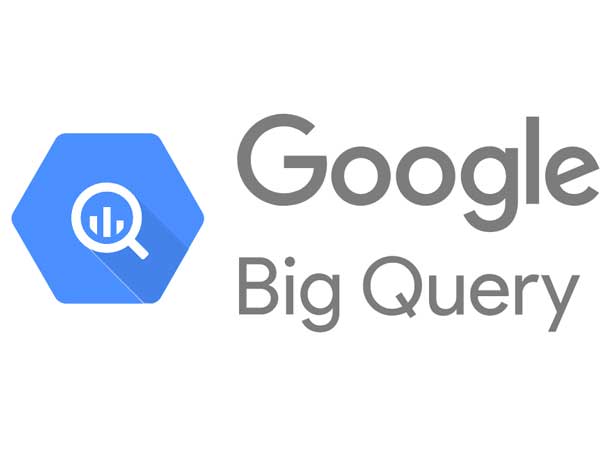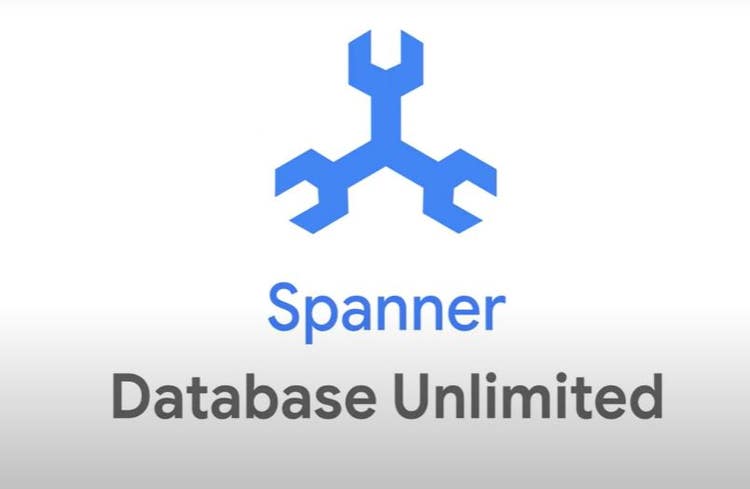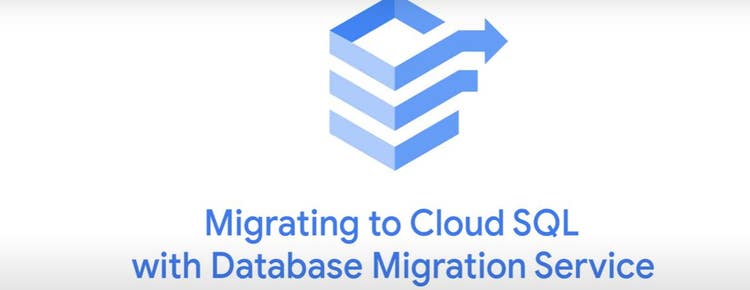Google Cloud Injected With Duet AI: 7 Huge New AI Features
At Google Cloud Next 2023 today, Google unveiled new Duet AI technology into some of its most popular products such as BigQuery, DMS and Chronicle Security.

The world’s third largest cloud computing platform is getting an AI shot in the arm with the injection of new Duet AI features into a slew of popular Google Cloud products.
At Google Cloud Next 2023 today, the company unveiled new capabilities of Duet AI for Google Cloud including on BigQuery, Looker, Cloud Spanner, Google’s Database Migration Service, as well as expert assistance across a customers’ entire software development lifecycle. On the cybersecurity front, Duet AI is also being integrated with Google’s security offerings such as Chronicle Security Operations and Mandiant Threat Intelligence.
“Duet AI delivers contextual recommendations from PaLM 2 LLM models and expert guidance, trained and tuned with Google Cloud-specific content, such as documentation, sample code, and Google Cloud best practices,” said Google Cloud CEO Thomas Kurian in a blog post today.
[Related: Google Workspace Gets ‘AI-Powered’ Security: 10 New Gmail, Drive Enhancements]
Duet AI At Google Cloud Next
In May, the Mountain View, Calif.-based company first unveiled Duet AI, a new AI-powered collaborator to help cloud users of all skill levels solve everyday work challenges. Duet AI serves as an expert pair programmer and assists users with contextual code completion, offering suggestions tuned to a customer’s code base, generating entire functions in real time, and assisting with code reviews and inspections.
“Duet AI was designed using Google’s comprehensive approach to help protect customers’ security and privacy, as well as our AI principles,” said Kurian. “With Duet AI, your data is your data. Your code, your inputs to Duet AI, and your recommendations generated by Duet AI will not be used to train any shared models nor used to develop any products.”
Google unveiled its new Duet AI capabilities for Google Cloud today in front of thousands of attendees at the company’s Google Cloud Next 2023 conference in San Francisco.
“Duet AI can now provide AI assistance across a wide range of Google Cloud products and services to serve more cloud users — spanning developers, operators, data practitioners, and cybersecurity professionals,” said Brad Calder, vice president and general manager of the Google Cloud Platform and Technical Infrastructure. “Being a critical part of Google’s overall AI effort, Duet AI is revolutionizing the way our users work with Google Cloud, which will help our customers boost their productivity, gain competitive advantages, and ultimately improve the bottom line.”
Duet AI in Google Cloud is currently in preview with general availability later this year.
CRN breaks down the eight biggest AI features and new capabilities for Google Cloud thanks to the injection of Duet AI.

Duet AI In BigQuery
Duet AI in BigQuery provides contextual assistance for writing SQL and Python to access and analyze user data, which can allow teams to focus more on logic and outcomes. It can generate full functions and code blocks, auto-suggest code completions and explain code and SQL queries.
“These capabilities can allow data teams to focus more on outcomes for the business,” said Google Cloud’s CEO.
Duet AI focuses on understanding user data and its usage patterns to assist in customer analysis by suggesting what questions to ask. Overall, Google said it wants data and business analysts to leverage Duet AI in BigQuery for faster data analysis.

New Software Development And Integration In Google Cloud
Duet AI in Google Cloud now provides expert assistance across a customers’ entire software development lifecycle. This includes code generation, source citation, test coverage, designing and publishing APIs, migrating and modernizing applications.
“[We are] enabling developers to stay in flow-state longer by minimizing context switching to help them be more productive,” said Kurian. “In addition to code completion and code generation, it can help you modernize applications faster by assisting you with code refactoring; and by using Duet AI in Apigee, any developer can now easily build APIs and integrations using simple natural language prompts.”
Additionally, using Duet AI in Google integration services such as Apigee API Management and Application Integration, developers can now design, create and publish APIs using simple natural language prompts.

Duet AI In Looker
Google is injecting Duet AI into Looker, the company’s enterprise platform for business intelligence, data applications and embedded analytics.
“We’re bringing Duet AI to Looker, helping business users to analyze data faster,” said Google Cloud’s Calder. “Our vision for Duet AI in Looker is to enable every decision maker to get to the right insight, at the right time, in the right format.”
With Duet AI in Looker, Google said it enables: conversational data analysis, automatic generation of presentations, intelligent text summaries based on reports, the use of natural language to create calculations and visualizations, as well as the ability to rapidly generate LookML models.
Later this year, Google said it will add a new Duet AI experience to Looker to analyze data in a collaborative notebook experience.

Duet AI To Google Cloud’s Security Operations
Duet AI can help security professionals prevent threats, reduce toil in their security workflows, and uplevel security talent.
It is now integrated into Google’s security products including Chronicle Security Operations, Mandiant Threat Intelligence and Security Command Center.
“Duet AI can quickly summarize and classify threat information, translate natural language searches into queries, and provide suggested next steps to remediate issues, which can reduce time for detection and response and make overworked security professionals more productive,” said Calder.

Duet AI In Cloud Spanner
Duet AI in customer databases helps users take developer productivity to new levels, which is why Google is introducing this capability for Cloud Spanner.
Google’s Cloud Spanner database management and storage service decouples compute resources from data storage to make it possible to transparently scale in and out processing resources.
“With Duet AI in Cloud Spanner, you can generate code to structure, modify, or query your data using natural language,” said Google’s Calder. “For instance, with a simple command such as, ‘Write a query to show all data in the messages table,’ you can have Duet AI automatically generate the required SQL for you to further review or modify, which can significantly reduce the time to develop code for applications.”

Duet AI In Google Database Migration Service (DMS)
Google is bringing the power of Duet AI to its Database Migration Service (DMS). The goal is to help automate the conversion of database code that could not have previously be converted with traditional translation technologies.
“Duet AI in DMS helps automate the conversion of database code that could not be converted with traditional translation technologies, such as stored procedures, functions, triggers, packages, and custom PL/SQL code,” said Calder.
“You’ll be able to use Duet AI in DMS to migrate the last mile of Oracle to AlloyDB and Oracle to Cloud SQL-for-PostgreSQL later this year,” he added.

Duet AI Customization For Enterprises
Google Cloud said it has started to with select enterprises to allow Duet AI to be customized with organization-specific knowledge from their libraries and code base to generate context-aware code suggestions.
“For example, you could ask Duet AI to generate code for a function that finds all products under $10 in a company’s product catalog, and it will generate a function based on the company’s classes and methods used to interact with the product catalog,” said Calder.
Overall, Google Cloud’s CEO Kurian believes Duet AI is now one of the company’s most important innovation engine.
“Duet AI can now provide AI assistance across a wide range of Google Cloud products and services to serve cloud users of more types—from developers and operators to data practitioners and cybersecurity professionals,” he said.